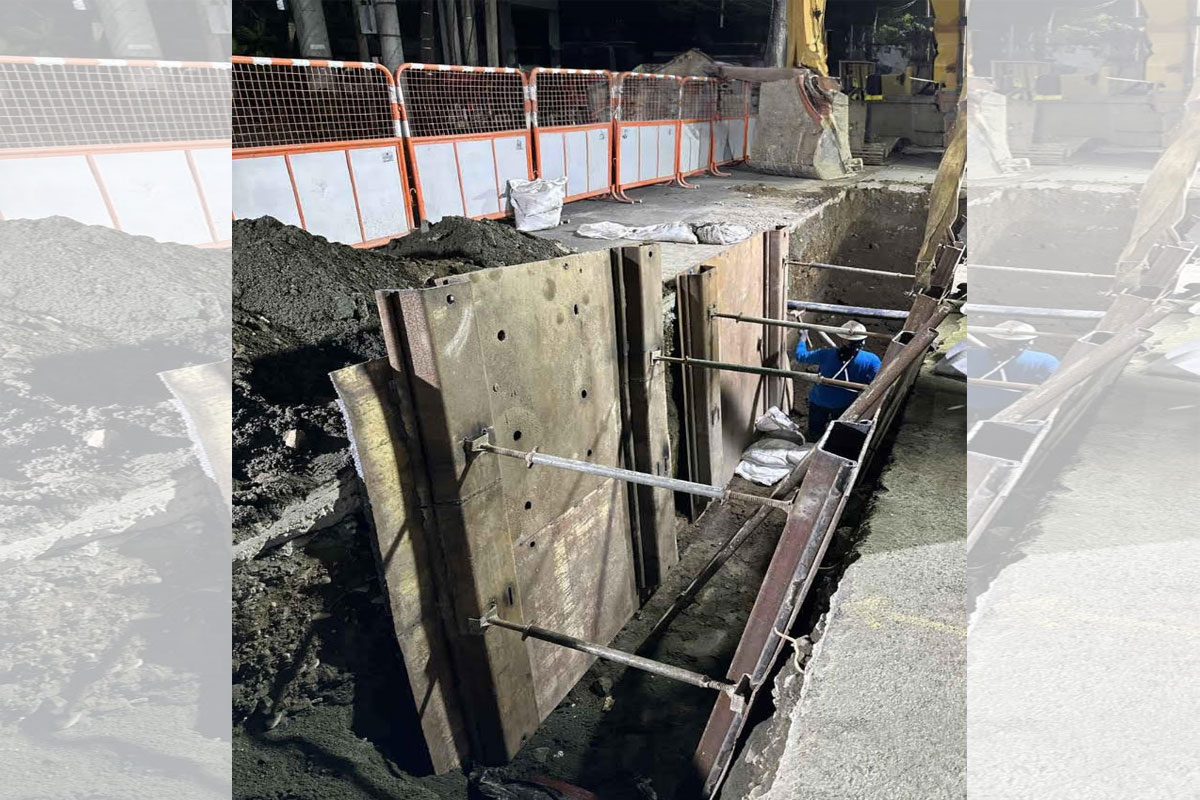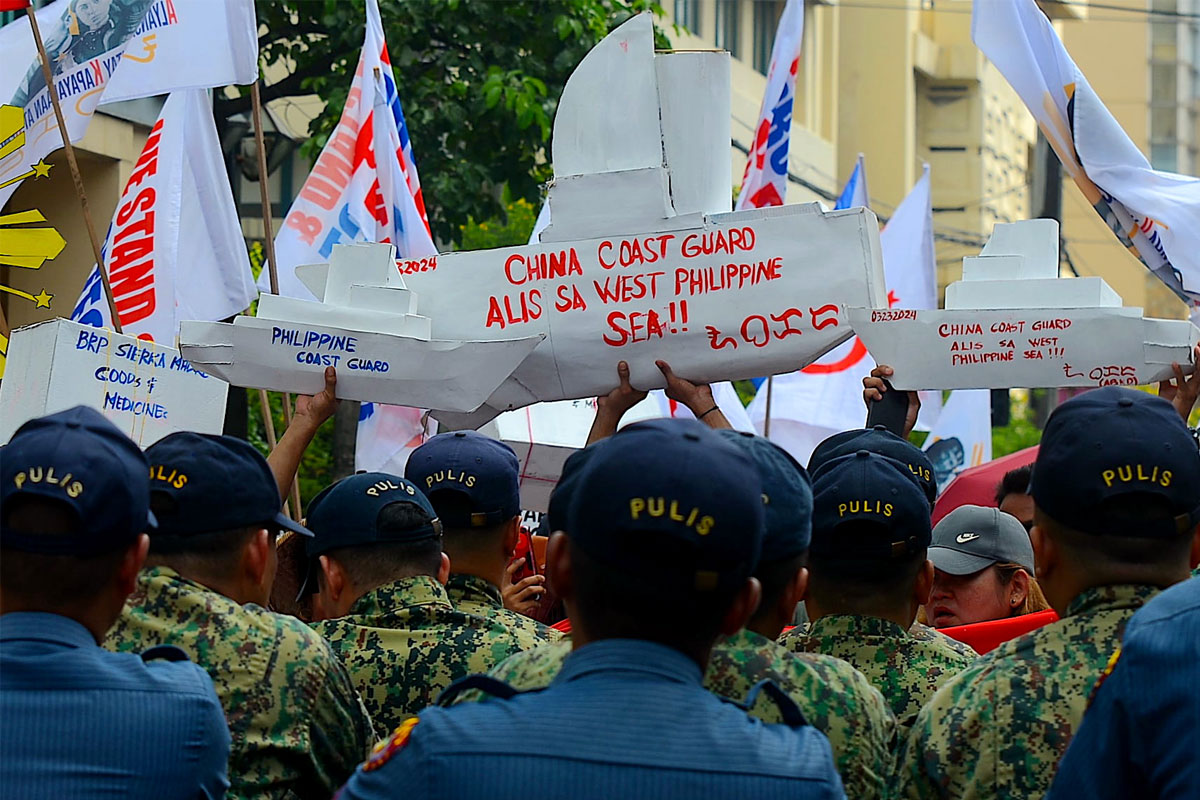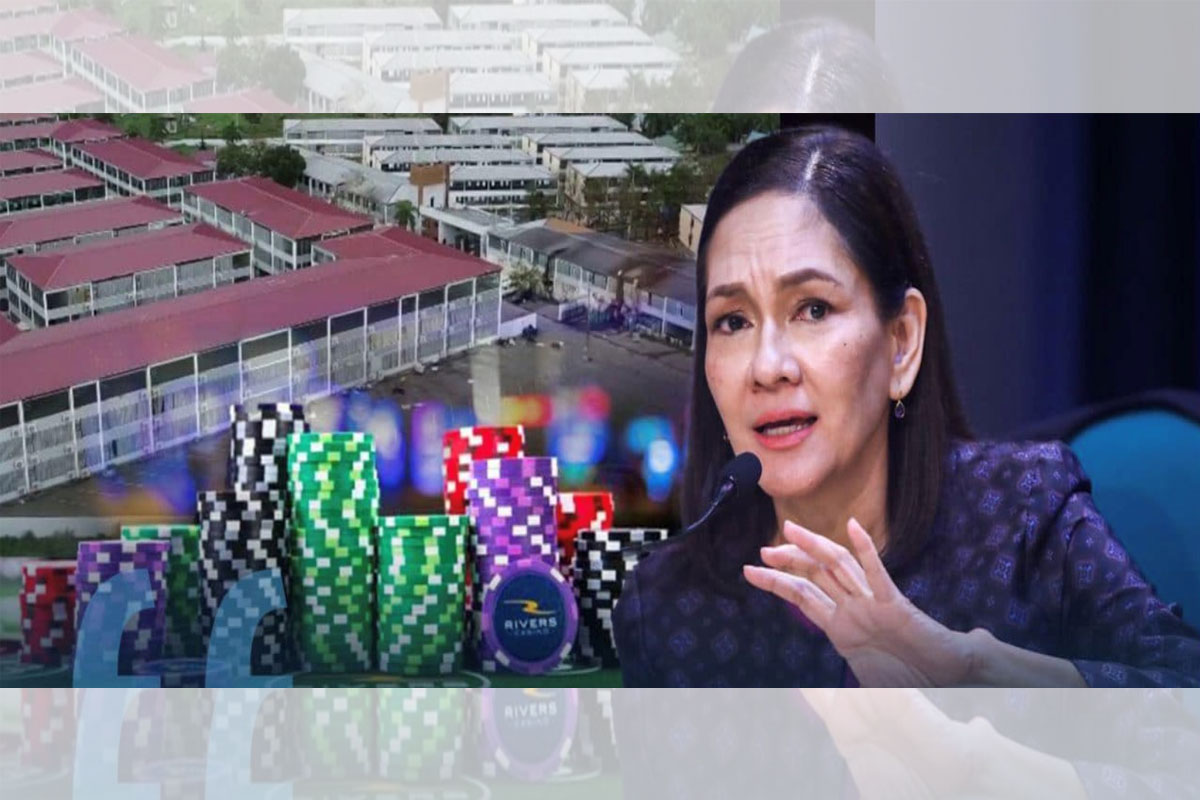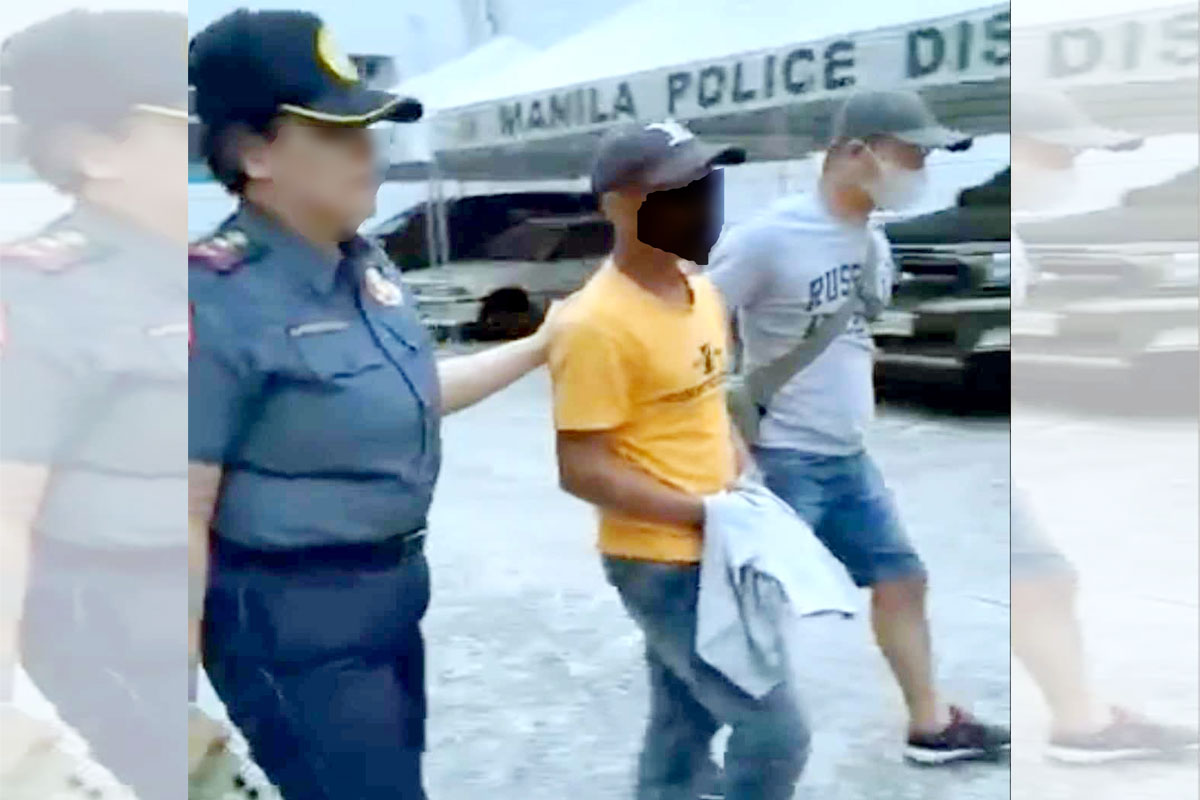
PNPA ‘Lakans’ oppose PMAers’ entry to PNP anew
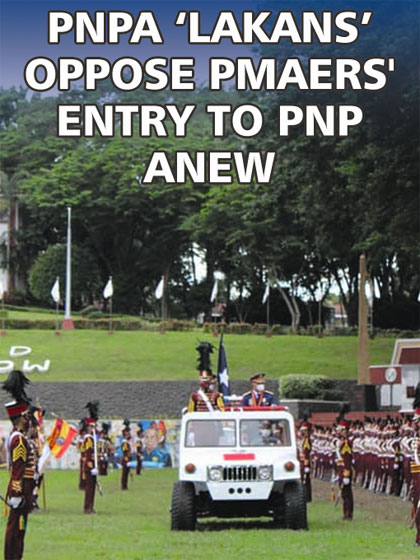 ALLOWING majors/lieutenant commanders from the Armed Forces, including products of the Philippine Military Academy (PMA), to join the Philippine National Police (PNP) through lateral entry as contained in Senate Bill No. 2449 is now a major issue in the police force, the Journal Group learned.
ALLOWING majors/lieutenant commanders from the Armed Forces, including products of the Philippine Military Academy (PMA), to join the Philippine National Police (PNP) through lateral entry as contained in Senate Bill No. 2449 is now a major issue in the police force, the Journal Group learned.
It’s really a highly-contentious issue that the PNP Academy Alumni Association, Inc. (PNPAAI) chaired by Gilbert DC Cruz of PNPA Class 1986 and the PNPA Lakan Retirees Association, Inc. led by Pedro E. Bulaong of PNPA Class 1980 have called on the proponents of the bill led by former PNP chief-turned Senator Ronald ‘Bato’ M. dela Rosa to ‘reconsider this provision and to uphold the constitutional mandate that the PNP be a civilian police force.”
In a letter to Dela Rosa, the PNPAAI and the PNPAAI Lakan Retirees Association, Inc. said “we firmly believe that this provision is unconstitutional and would compromise the civilian character of the PNP.”
They cited Article 16, Section 6 of the 1987 Constitution which says that “the State shall establish and maintain one police force which shall be national in scope and civilian in character to be administered and controlled by a national police commission.”
The 1987 Constitution also says that “No element of the police force shall be military nor shall any position thereof be occupied by active members of the Armed Forces of the Philippines.”
Section 4 of the 1987 Constitution says that “the Armed Forces of the Philippines shall be composed of a citizen armed force which shall undergo military training and serve as may be provided by law.
It shall keep a regular force necessary for the security of the State. Section 5 says that “all members of the armed forces shall take an oath or affirmation to uphold and defend this Constitution.”
On the other hand, Section 6 says that ‘the State shall establish and maintain one police force, which shall be national in scope and civilian in character, to be administered and controlled by a national police commission.
The authority of local executives over the police units in their jurisdiction shall be provided by law.”
Officials explained that the PNP is not part of the military although it retained some military attributes such as discipline.
Legal luminaries from the PNPA maintained that the 1987 Constitution clearly separated the military and the police as they enumerated four significant rationales behind it.
First is to prevent destabilization including coup d ‘etats which may take place once the two armed services are not separated.’
Second is to professionalize the police force.’ Third is to ensure there would be a human rights-based policing in the country; and last but not the least is because of the universally-accepted doctrine that police/policing is a civilian function.
Records will say that members of the defunct Philippine Constabulary which is the forerunner of the PNP had the reputation of being human rights violators.
The PC used to be a branch of service of the AFP.
The 1986 Constitutional provision clearly emphasized the civilian character of the PNP and thus, PNPA graduates, active and retired, are saying that allowing active AFP officers and men to join the PNP would indeed compromise this civilian nature and potentially have negative implications.
Other reasons which the PNP graduates said must be realized by the Senate are the following:
No. 1 is separation of powers. They say the military and police serve distinct functions in a democratic society.
Allowing active military personnel to join the police force blurs the lines between military and civilian authorities, potentially undermining the principle of separation of powers.
No. 2 is different training and focus. The Lakans claim that military and police personnel undergo different training to prepare for their respective roles.
The military is trained for national defense and warfare, while the police focus on maintaining law and order within civilian communities.
Mixing these skill sets and orientations may lead to inefficiencies and challenges in fulfilling the specific duties of each force.
No. 3 is the risk of militarization. The PNPA products say that “allowing active military members to join the police force could contribute to the militarization of law enforcement.
No. 4 is civilian oversight. They say that the PNP is intended to be subject to civilian oversight, ensuring accountability and adherence to human rights standards.
No. 5 is potential for abuse of power. They claim that “military personnel may bring a different mindset and approach to law enforcement, which could lead to a greater potential for the abuse of power.
No. 6 is its impact on the morale of the police force. “Existing members of the PNP may feel demoralized or uneasy working alongside active military members, leading to potential internal conflicts within the police force,” they said.
In summary, the PNPA officials said that ‘preserving the civilian character of the PNP is crucial for maintaining a healthy democratic balance and ensuring that law enforcement agencies focus on community safety within the framework of civilian governance.”





